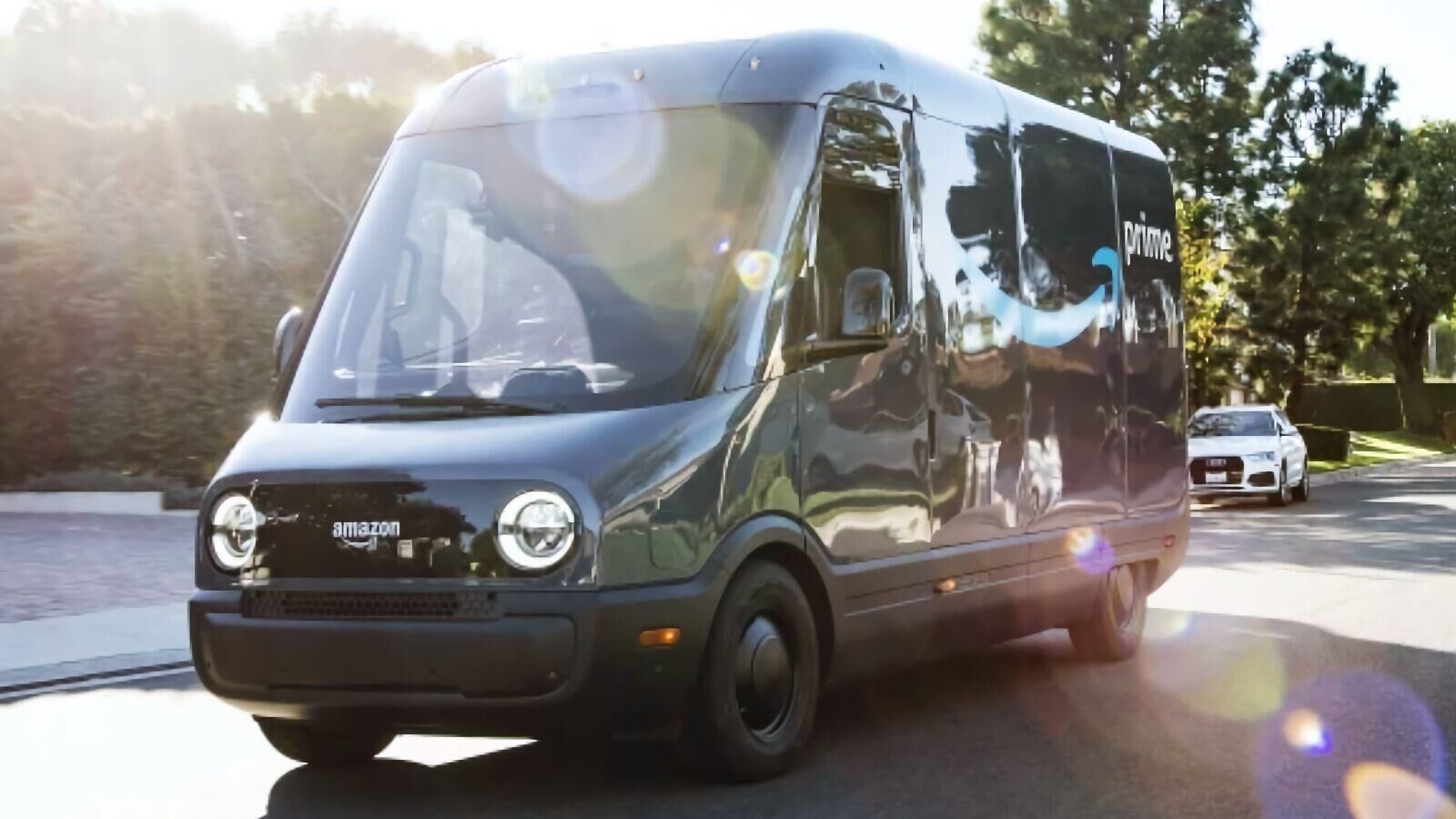Amazon Testing Electric Delivery Trucks in Los Angeles
Published 6:17 pm Wednesday, February 3, 2021
By Liz Kim
On the streets of Los Angeles, Amazon is testing electric delivery vans built by Rivian. (Amazon)
If you order an Amazon package in Los Angeles, the delivery van that pulls silently up to your door might be electric and built by EV startup Rivian. Amazon has started testing new Rivian delivery trucks on routes in L.A., the first of 15 cities to serve as the proving grounds for these all-electric vans.
As a part of its Climate Pledge initiative, Amazon promises to be carbon neutral by 2040. The first batch of Rivian-sourced delivery vans is among 100,000 EVs that Amazon says will be a part of its fleet in the coming years. Already, existing Amazon electric vehicles in both North America and Europe delivered 20 million packages in 2020.
“We’re loving the enthusiasm from customers so far—from the photos we see online to the car fans who stop our drivers for a first-hand look at the vehicle,” said Ross Rachey, Director of Amazon’s Global Fleet and Products, in a statement. “From what we’ve seen, this is one of the fastest modern commercial electrification programs, and we’re incredibly proud of that.”
In testing mode for the past four months, the Rivian vans currently have a range of 150 miles per charge and are custom-made in Rivian’s factory in Plymouth, Michigan. Rivian fits each with exterior cameras that provide a 360-degree view around the vehicle, surround-style taillights for enhanced visibility to other motorists, and an interior designed to maximize cargo space.
Amazon’s new electric vans are under evaluation for durability, safety, and ease of use in various climates, geographies, and other conditions. Findings will inform further refinements to the EVs, which go into full production later this year at Rivian’s factory in Illinois. Amazon has already begun readying its warehouses to install charging stations to power its electrified fleet of delivery vehicles.
“Rivian’s purpose is to deliver products that the world didn’t already have, to redefine expectations through the application of technology and innovation,” said RJ Scaringe, Rivian Founder and CEO, in a statement. “This milestone is one example of how Rivian and Amazon are working toward the world of 2040, and we hope it inspires other companies to fundamentally change the way that they operate.”
Medium- and heavy-duty trucks, such as semis, buses, and delivery trucks, are prime targets for electrification, as estimates state that about 7% of all emissions in the United States come from their tailpipes. In California, where 40% of all imported goods filter through the neighboring Ports of Long Beach and Los Angeles, trucks produce 70% of the pollution and 80% of the diesel particulates.
Pending legislation aims to curb the emissions driving climate change, and the Biden administration supports the shift to electric vehicles and funding the infrastructure necessary to support them. California will require manufacturers to start selling all-electric trucks beginning in 2024 and mandates that all new commercial vehicles be electric by 2045.
Ford’s new 2022 E-Transit electric van and an electric Mercedes-Benz Sprinter are also preparing to offer EV delivery vehicles to companies. Freightliner, Hyundai, Nikola, Tesla, and Volvo are among the manufacturers developing and producing clean heavy-duty vehicles for commercial use.





